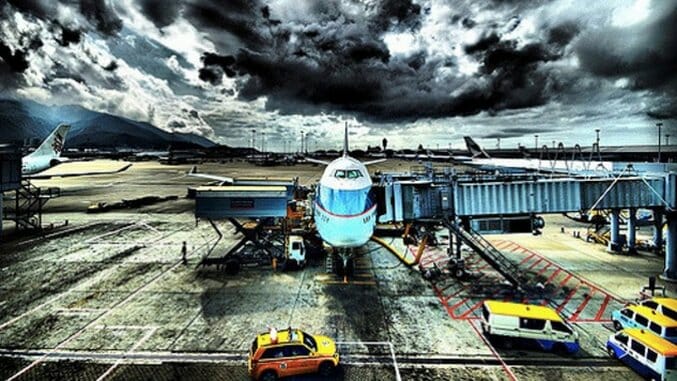Travel Secrets: Understand Your Flight Rights

You’re standing in the middle of the airport with the word “Cancelled” flashing on the big rotating flight board in front of you. What now?
Travelers this holiday season will ask that question as delays and cancellations become more routine and luggage fails to appear on carousels. Even frequent flyers can feel lost when things go awry in that alternative universe known as “the airport.”
While our rights as air passengers shouldn’t be a secret, policies that vary from airline to airline as well as by country of departure and arrival result in confusion about what to expect when issues arise.
It is important to note that contrary to popular myth, relatively few air passengers by percentage encounter problems. According to U.S. Department of Transportation (DOT,) through September of 2016: 99.7 percent of passengers had their bags properly handled, U.S. airlines completed 98.8 percent of their flights and 81.1 percent arrived on time. Additionally, less than than one passenger per 10,000 was involuntarily denied boarding, says Airlines for America spokesperson Kathy Allen.
Even if chances are slim, when you are the one in 10,000, knowing your flight rights is key. For advice, we turned to experts including Allen; Paul Hudson, president of Flyersrights.org and member of FAA’s Rulemaking Advisory Committee; and Daniel Tulbovich, co-founder of
RewardExpert as well as industry resources such as DOT’s flight rights guidelines.
Experts agree the biggest mistake passengers make is not being informed. “Many people take the hand that’s dealt to them without pushing and standing up for their rights,” says Tulbovich. “But if they took the time to understand the options that are available to them, they could end up making lemonade out of lemons and even receive some compensation.”
Please, fellow traveler, find our recipe for lemonade below.
Delays and Cancellations
“Airlines share the same goal as the traveling public: to get them and their baggage to their destination safely and on time,” says Allen. However, airlines do not guarantee schedules.
When a flight is delayed more than 30 minutes, an airline must inform passengers, Hudson says, but that’s as far as regulation goes for domestic delays. For cancelled flights, most airlines follow the standard operating practice of rebooking passengers on the first available flight to a destination.
Hudson cautions that airlines are under no obligation to book passengers on another airline’s flight, even if the best option. Yet it never hurts to suggest a suitable alternate flight.
-

-

-

-

-

-

-

-

-

-

-

-

-

-

-

-

-

-

-

-

-

-

-

-

-

-

-

-

-

-

-

-

-

-

-

-

-

-

-

-








































